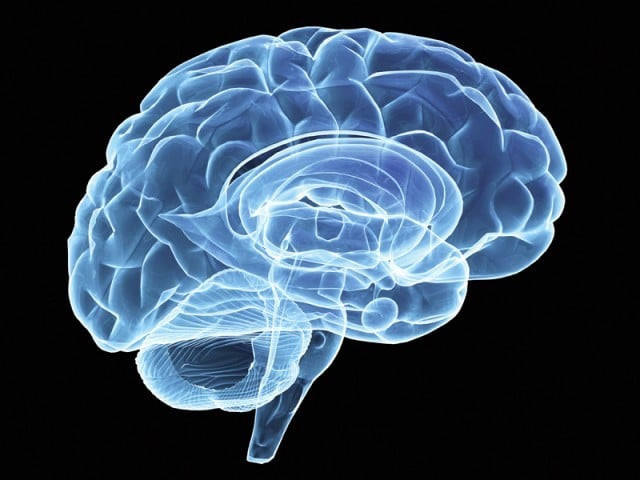China fosters research on brain-inspired computing
Human brain is dubbed as 'the world's most sophisticated computer'

The human brain is dubbed "the world's most sophisticated computer" and Chinese scientists are fostering research on brain-inspired computing systems, which have the potential to drive the next wave of computer engineering.
Researchers from China's prestigious Tsinghua University proposed a novel concept of "neuromorphic completeness" and published their research in the journal Nature in October. Their study provides a key theory of brain-inspired computing systems and offers a reference for hierarchical structure design.
Brain-inspired computing refers to the general term for computing theory, computer architecture, chip design, and algorithms that are inspired by the neural information processing in humans. The relevant computing is still in its infancy, and internationally recognised technical standards and schemes have not yet been formed.
Existing research on brain-inspired computing systems mostly focuses on chips, software toolchains, and algorithms. However, some fundamental issues of the system, such as computational completeness and system hierarchy, are insufficiently considered.
Google is bringing its own VPN to desktops and phones with Google One subscription
According to Zhang Youhui, one of the researchers, the "Turing completeness" concept and the von Neumann architecture have been widely received as fundamentals of general-purpose computing.
"For the new-emerging brain-inspired computing, there is a need to fill in the gaps in such basic issues, which will help to master key technologies of innovative computer systems independently," said Zhang.
The research draws efforts from Tsinghua's Department of Computer Science and Technology, the Department of Precision Instrumentation, the School of Medicine as well as other departments.
Qu Peng, one of the researchers, said brain-inspired computing is interdisciplinary research that involves brain science, electronics, computer science, automation, and precision instruments.
"Our research offers a clear layout of the research goals, allowing researchers from multiple disciplines to work together more efficiently," said Qu.
Facebook is launching a free cloud gaming service
Tsinghua University has published three articles on brain-inspired computing in the journal Nature in the last 14 months. One of the published articles is regarding a new type of brain-inspired Tianjic chip that can be incorporated into a riderless autonomous bicycle.
In September 2014, the university established the Center for Brain-Inspired Computing Research composed of seven departments. The research center integrates disciplines of brain science, electronics engineering, microelectronics, computer science, material science, and precision instruments, covering a full range of brain-inspired computing research.
According to Shi Luping, director of the center, research on brain-inspired computing is embracing good opportunities.
"With a better understanding of human brains and the rapid development of supercomputers, researchers can achieve a higher level of simulation. The development of big data, cloud computing, and nanotechnology will also facilitate the design of brain-inspired computing systems," said Shi.



















COMMENTS
Comments are moderated and generally will be posted if they are on-topic and not abusive.
For more information, please see our Comments FAQ